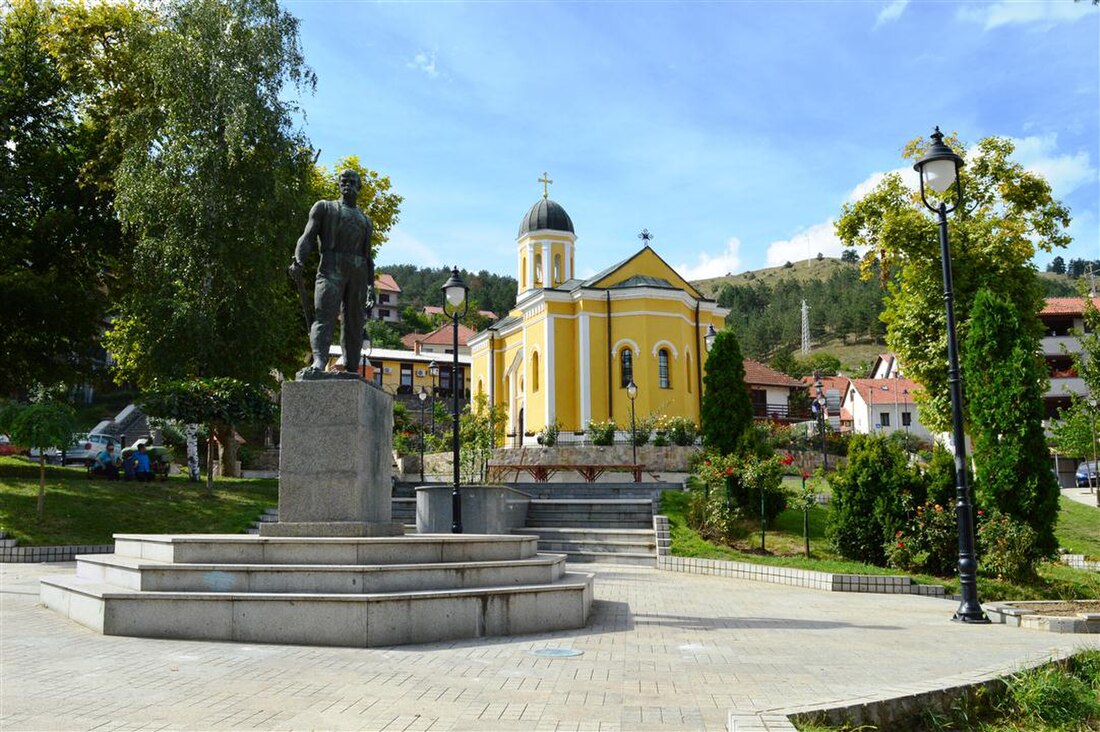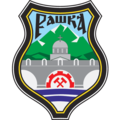Top Qs
Timeline
Chat
Perspective
Raška, Serbia
Town and municipality in Šumadija and Western Serbia, Serbia From Wikipedia, the free encyclopedia
Remove ads
Raška (Serbian Cyrillic: Рашка, pronounced [râʃkaː]) is a town and municipality located in the Raška District of southwestern Serbia. The municipality has a population of 21,498 people, while the town has a population of 6,291 people (2022 census).[2] It covers an area of 670km2 (259 sq. mi.). The town is situated on the rivers Raška and Ibar.
Remove ads
History
The town and municipality bears the name of the historical Raška region. It was the first Nemanjić’s independent country and the center of culture and the statehood of Serbs in the middle ages.[3]
Raška as a settlement was first mentioned in 1835 and the first Urban Plan of Raška dates back to 1844.[3] From 1929 to 1941, Raška was part of the Zeta Banovina of the Kingdom of Yugoslavia.
Demographics
According to the 2011 census results, the municipality of Raška has 24,678 inhabitants.
Ethnic groups
The ethnic composition of the municipality:[5]
Remove ads
Economy
The following table gives a preview of total number of registered people employed in legal entities per their core activity (as of 2022):[6]
Gallery
- Town center square
- Town center square
- Train station in Raška
- Church of St. Archangel
- Park in Jošanička Banja
- Baljevac na Ibru town panorama
- Brvenik village panorama
- Brvenik village panorama
Notable people
- Branko Jovicic, Serbian and Red Star football player
- Savatije Milošević, Serbian hajduk and Chetnik commander, born in Pavlica
- Serbian Patriarch German
- Goran Bogdanović, Serbian politician
- Milenković family (Svetozar Milenković (1907-1983), Vida Milenković (1912-1992), and Aleksandar Petrović), Righteous Among the Nations
- Mihailo Petrović (1871-1941), Chetnik
- Milunka Savić, Serbian WWI hero
- Saša Knežević-Gurman, Serbian gerila
Remove ads
See also
References
External links
Wikiwand - on
Seamless Wikipedia browsing. On steroids.
Remove ads

















